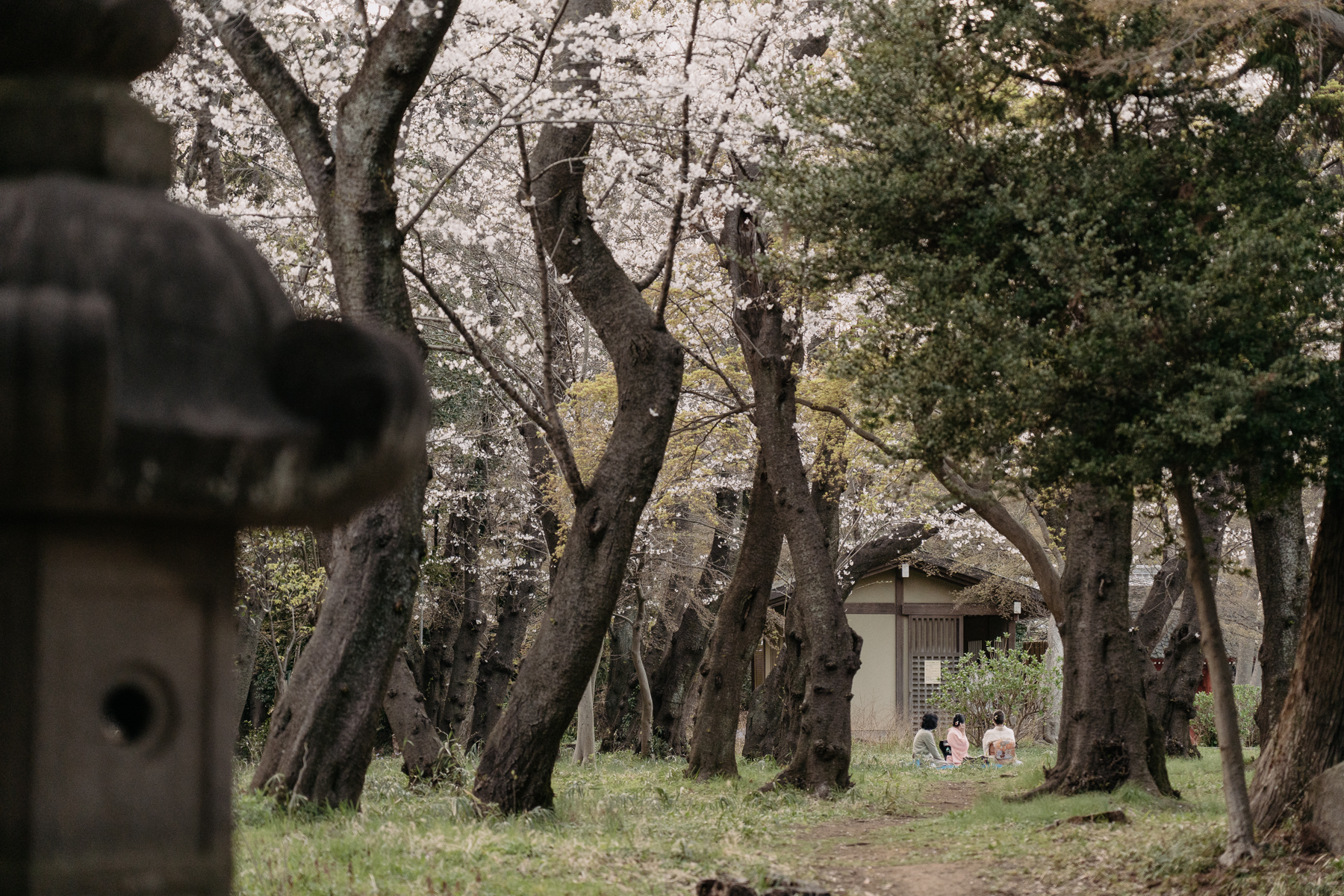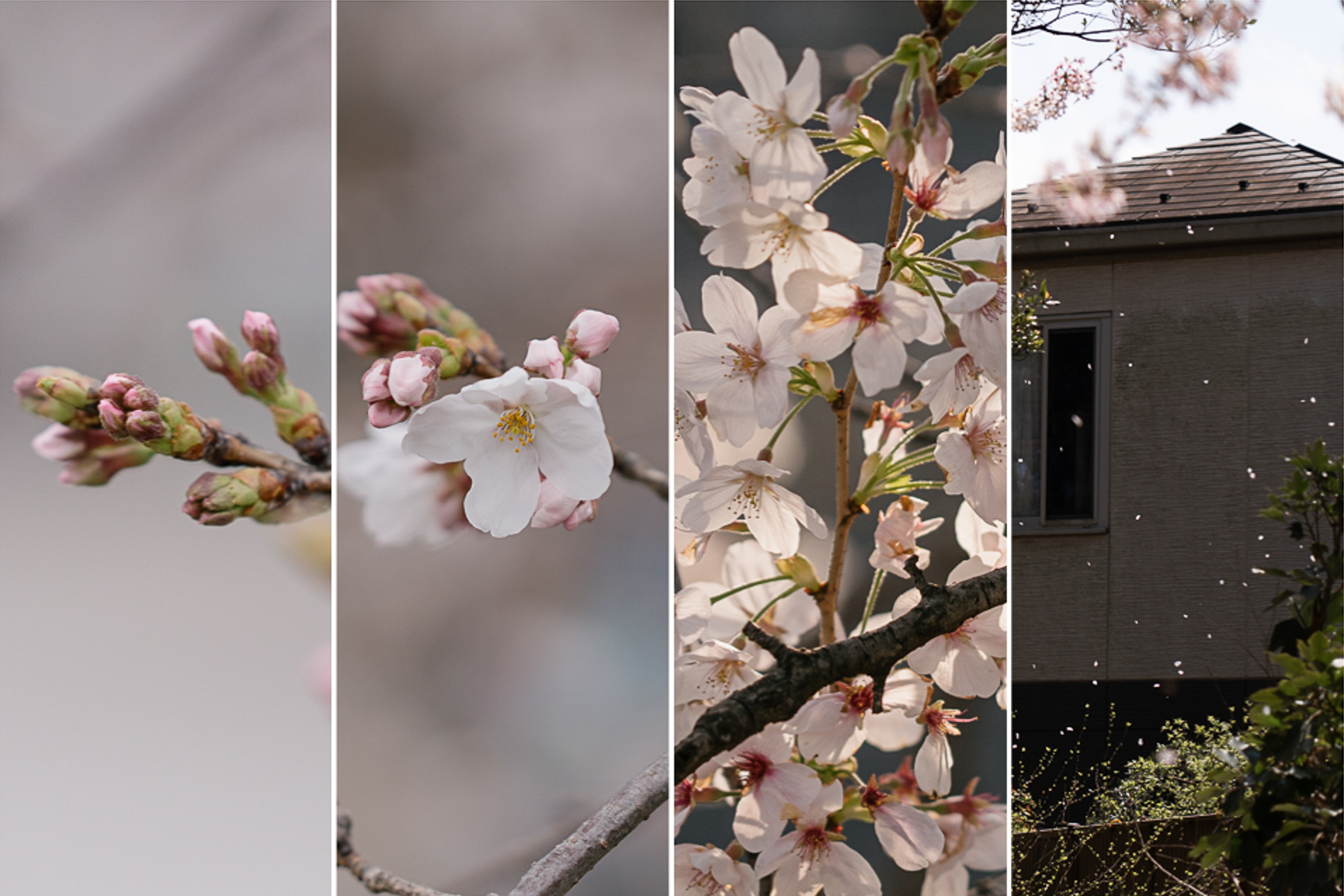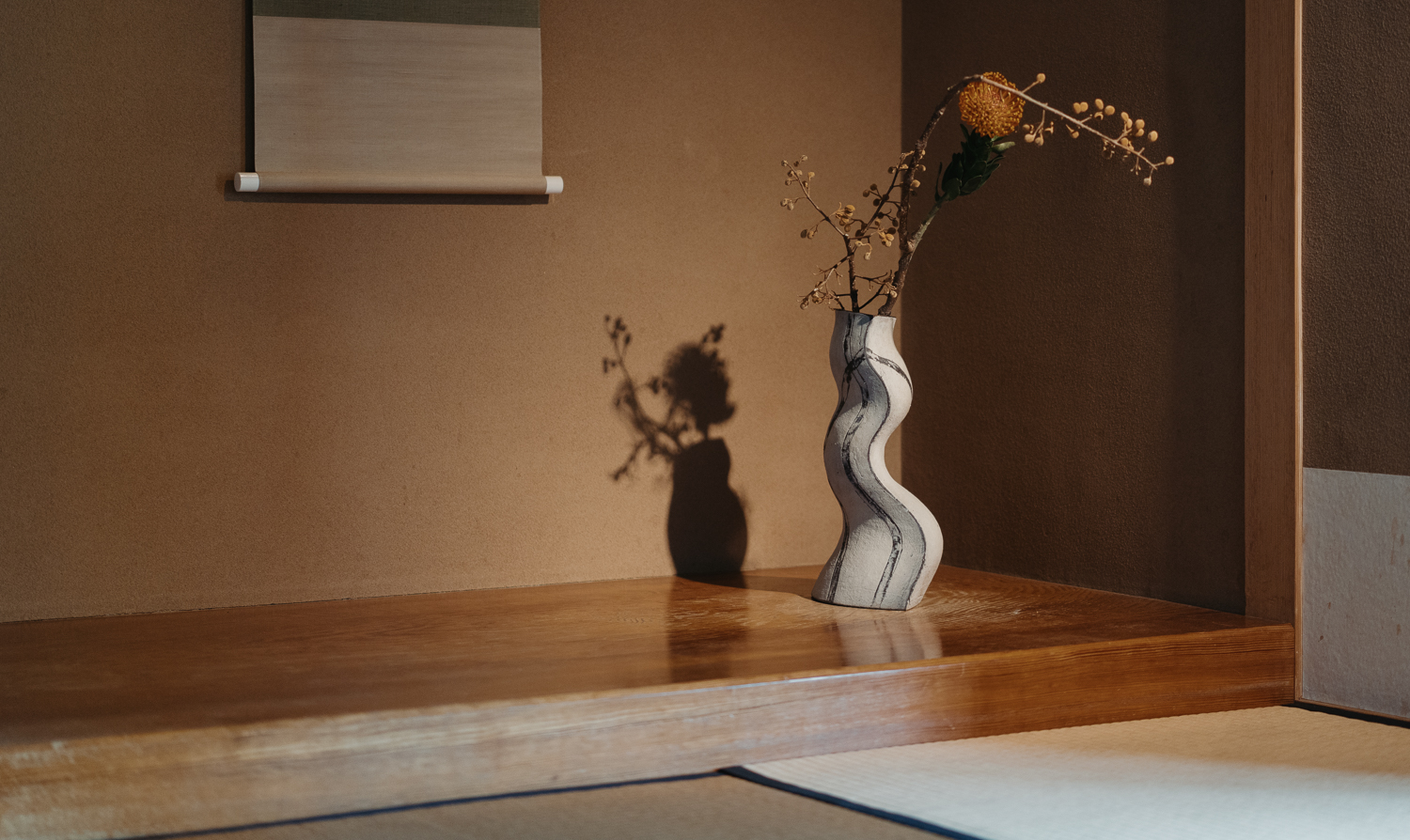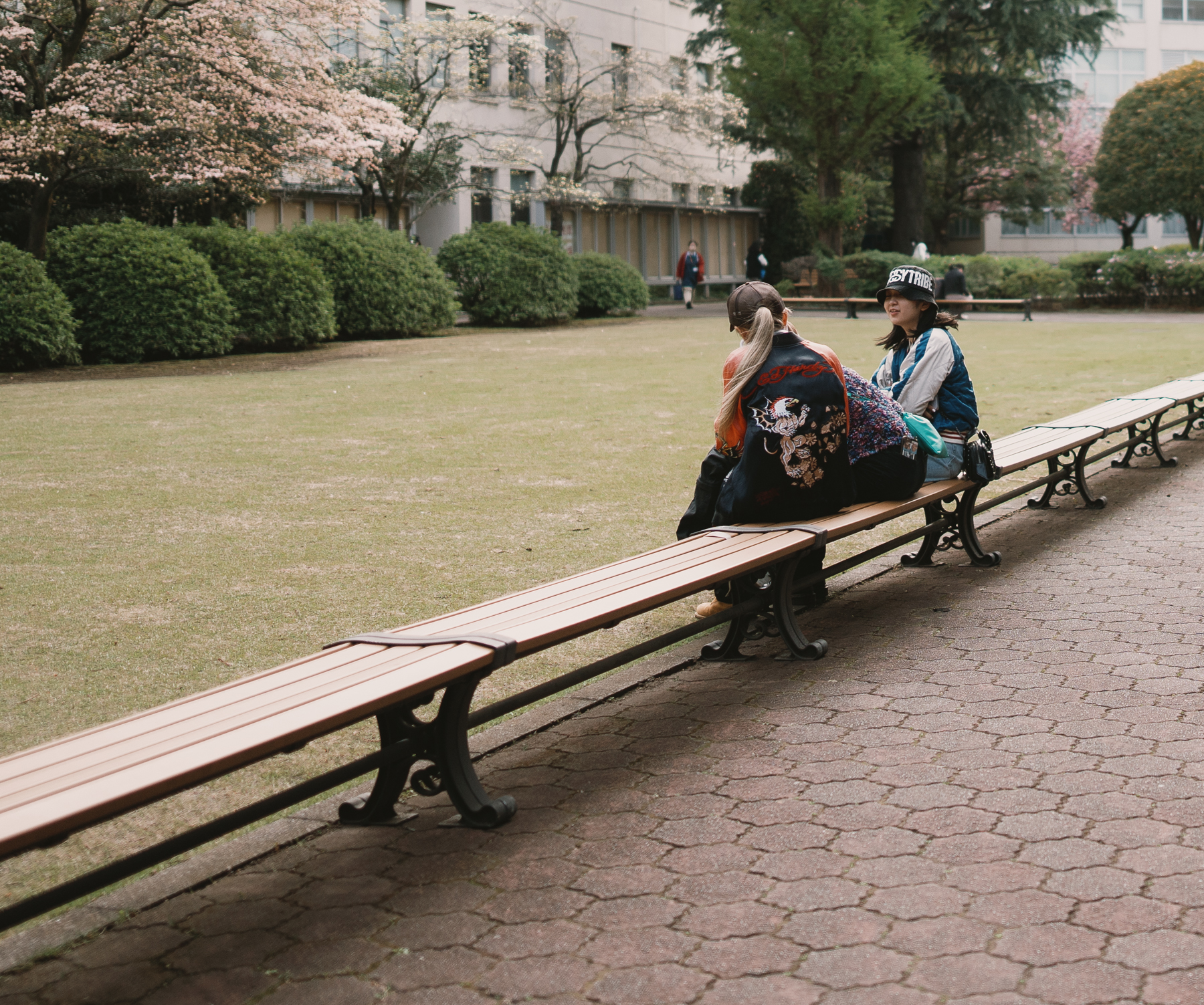“My daughter turned three last month,” Aiko, a young Christian mother, explained to the missionary. “My mother-in-law wants the Shinto priest to pray for her at the Shichi-Go-San festival.”*
The grandmother had argued that this was an important tradition and the first chance for the little girl to dress up in a formal kimono.
Aiko said, “If I refuse, she will say that I am ruining the harmony of the family.”
As the missionary talked and prayed with Aiko, he realized that the grandmother just wanted the little girl to have a celebration. They decided to have a time of prayer for the children at church and encourage them to wear kimonos.
The grandmother came and took many photos; the little girl looked magnificent in her red-and-gold kimono. Parents were happy to have their children prayed for. A new church tradition had begun.
Harmony is a beautiful value in Japanese culture and arts, but it can have a darker side. People may avoid telling the truth if it ruins the harmony of the group. They may find it easier to avoid someone they disagree with rather than confront the issue. Students might not speak out when bullied, nor employees when their boss is wrong.











